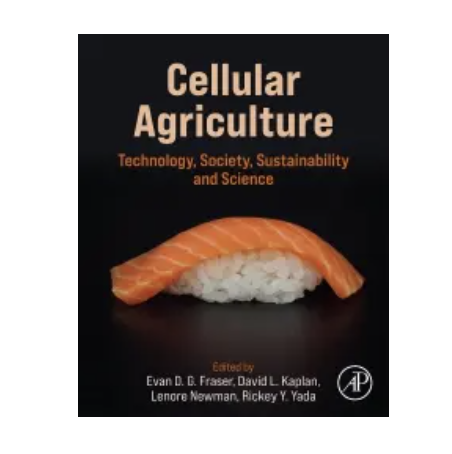- Overview
- Background
- Updates
Overview
Consumer acceptance is key to realizing the potential benefits of cellular agriculture.
New Harvest, in partnership with the Environmental Law Institute, assembled the first American focus group to understand public attitudes about cellular agriculture and cultured meat. The two focus groups interviewed as part of this initiative provide an important qualitative perspective on how the public weighs the potential benefits and risks of cultured meat and cellular agriculture.
This was the first American focus group to research attitudes about cultured meat and cellular agriculture.
The findings of this focus group are summarized in this video. The full report can be found here.
After concluding this initiative, New Harvest decided against pursuing further consumer research. Consumer research is not neglected and is better supported by industry.
Updates
January, 2017 – Key findings are published in a report, Perceptions on Cellular Agriculture: Key Findings from Qualitative Research, by Hart Research Associates. Key findings are also summarized in a short video.
December, 2016 – New Harvest publishes a blog post about this initiative.
December, 2016 – Focus groups are conducted in Baltimore, Maryland. Hart Research Associates administers the focus groups using this template script. The focus groups yield a transcript from non-college-educated adults (focus group #1) and a transcript from college-educated adults (focus group #2).
November, 2016 – Environmental Law Institute (ELI) publishes a press release announcing the initiative.
Collaborators
This initiative was developed in partnership with David Rejeski at the Environmental Law Institute.
The focus groups were conducted by Hart Research, a firm with specific expertise in conducting public opinion research.
The project was supported by the Richard Lounsbery Foundation.
See More Initiatives

Artificial Intelligence and Machine Learning in Cellular Agriculture
Cost and scale are major blockers to cellular agriculture's success, but they are complex technical and economic challenges. Artificial intelligence (AI) and machine learning (ML) techniques could help to accelerate much of this work, but there is very little public literature on the various applications and benefits. Given the potential exponential impact of AI/ML, New Harvest and Alberta Machine Intelligence Institute (Amii) launched the AI in Cell Ag Initiative.

Safety Initiative Phase III: Precompetitive Collaboration on Safety Research and Methods Development
The Cultured Meat Safety Initiative (CMSI) is a joint initiative between New Harvest and Vireo Advisors aiming to address critical technical, methodological, and informational challenges related to evaluating the safety of cultured meat (CM) products.
CMSI involves the convening of diverse stakeholders, including industry, governmental scientists, regulators, academic researchers, and others. Gaining such varied perspectives advances public knowledge and the practice of food safety for CM products by identifying and addressing data gaps. Research conducted to develop data and methods build the necessary support elements for the emerging ecosystem, which can raise regulatory and consumer confidence, support industry efforts toward commercialization, and improve the efficacy of evaluation processes of regulatory safety reviews.
Building on progress from Phase I and Phase II of CMSI, New Harvest and Vireo Advisors are now working to convene diverse stakeholders to create the infrastructure for shared knowledge, methods, and data that address the priorities identified in Phase I and II. Our long-term goal is to coordinate and launch regional efforts to develop and validate analytical methods for CM safety analysis and use these methods to generate datasets that can be made publicly available to support transparent food risk assessments and policy-making processes.

The Foundational Cellular Agriculture Textbook
Cellular Agriculture: Technology, Society, Sustainability and Science was designed to be the go-to reference for everyone in cellular agriculture - the textbook found in every company’s office, in every university lab, and in every aspiring student’s backpack.
The text provides a state-of-the-art review of cellular agriculture technologies, presenting foundational information with practical application insights. There are chapters on regulatory and policy issues, as well as reviews of the sustainability challenges of alternative proteins.
It is the first resource of its kind to take a practical approach to review the design, feasibility, and implementation of cellular agriculture techniques. With additional chapters on life cycle analyses and ideal transition scenarios, this book provides a resource for aspiring technology developers and academics alike seeking evidence-based assessments of the industry and its disruptive potential. The textbook was written by industry and academic experts for a balanced perspective of the field today and to inspire and shed light on a path forward.

